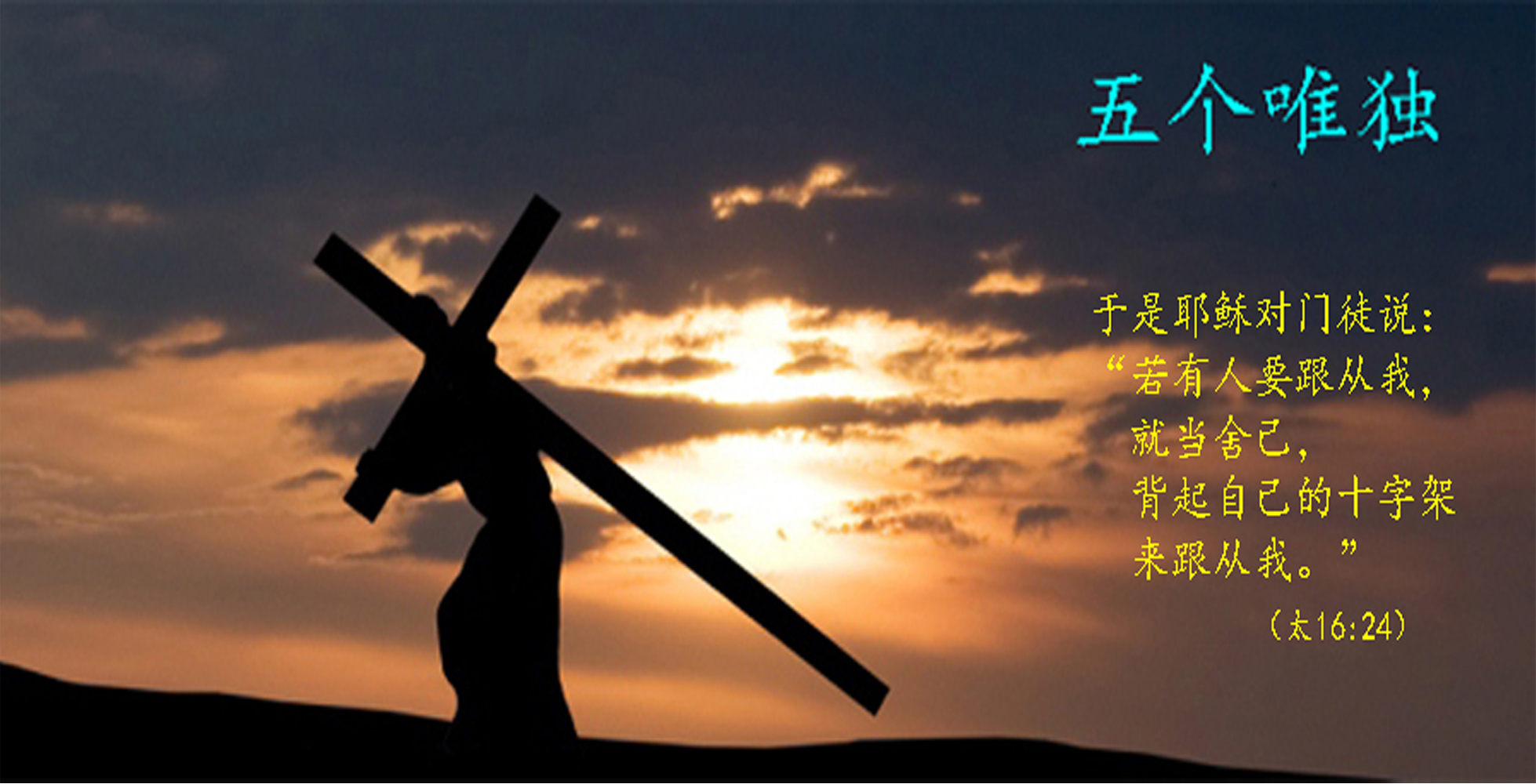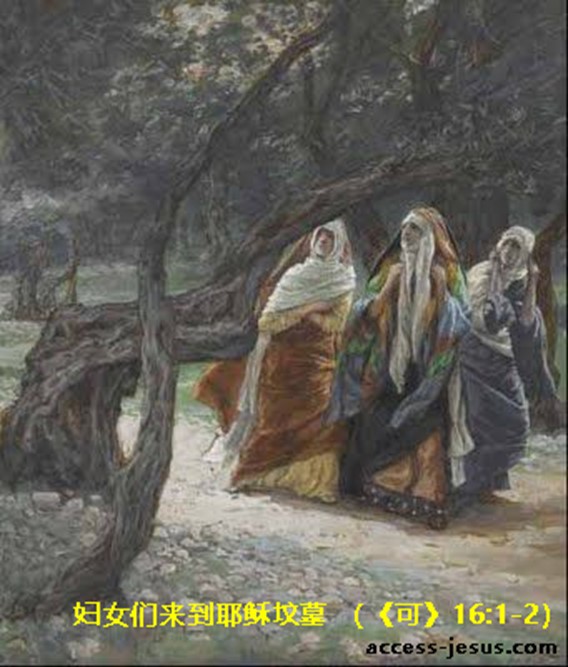探讨耶稣遇难的日子
吴家望译注
原作者与译者版权所有,引用时请注明出点
参考文章:《耶稣基督:我们的逾越节羔羊》
前言:2000年来的基督教传统是,耶稣在星期五晚上遇难。但是圣经从未提到过是”星期五”。以”耶稣在星期五晚上遇难”为前提,神学家们试图推算耶稣受难的年日。我们知道,如果前提有误,结论也不可取。所以,因为前提有误,耶稣在哪一年遇难还是一个未解的难题。根据圣经记载、犹太教以及其他历史资料,我们可以继续探讨耶稣遇难前后的事迹。
耶稣在十字架上受难应验了旧约圣经《出埃及记》12章”逾越节羔羊”的预言。以色列神学家们对这个问题有比较合理、有根据的解释。在许多精彩的论文中,以色列基督教神学家摩伦(Moran)的解释最为简洁扼要,以下译文供读者参考。
除酵节的第一天
The First Day of the Feast of Unleavened Bread
摩伦(Moran,以色列基督教神学家)
吴家望译自《以色列的希望》(Hope for Israel)网站
经文:《出埃及记》12:21-51;《民数记》28:16-25
《约书亚记》3:5-7, 5:2-6:1, 6:27。
这一个安息日不僅是一个例常(每七日一次)的安息日,也是一个大安息日(High Shabbat),就是禁止劳作的筵席节日(Festival Day)。这不是《约翰福音》所记载的,耶稣在逾越节献上自己的生命的日子:
因为那天是预备日,为了要避免尸体在安息日留在十字架上(因为那安息日是个重要的日子,High Day),犹太人就请求彼拉多打断那些被钉十字架的人的腿,把他们拿下来。(《约》19:31)
约翰特别说清楚,这不是一个例常安息日的前一日,也就是星期五;而是《约翰福音》所说的,一个预备日。这个事实告诉读者,这是以色列人遵守律法书命令,在黄昏宰杀逾越节羔羊的那一天。我们必须记住,尼散月14日被称为逾越节(Passover),是因为在那一天,那羔羊被杀,并且要在除酵节的第一天晚上(the first day of the Festival of Unleavened Bread)吃完羊肉。那么,为什么耶稣的逾越日不能像今年(5772年=2012年)那样:预备日在星期五,逾越节既是例常的每七日的安息日,也是除酵节的第一日呢?
答案是:因为妇女们在安息日之后买了用来膏抹耶稣的香料,而这个安息日是个节日,就是尼散月15日(参考《可》16:1);她们在例常安息日之前,准备好了香料和膏油。所以,这预备日(逾越日)应该是星期三,而尼散月15日(节期安息日)乃是星期四。这就是说,妇女们在节期安息日之后,就是星期五,才去买的香料(《可》16:1),并且在星期五准备好了香膏(《路》23:56);然后在安息日休息了一天。圣经告诉我们的,耶稣在坟墓里逗留三日三夜的事实,说明他是在星期三晚上被安葬,他在安息日后复活,就是圣经所说的,一周的第一日。请记住,根据圣经的规则,因为一天的结尾在黄昏,星期六晚间已是一周的第一日。
译者附录:2012(5772)年除酵节期日期对照:
4/06 星期五 Nisan 14 逾越日前夕
4/07 星期六 Nisan 15 逾越节周第1日(安息日,也是大日)
4/08 星期日 Nisan 16 逾越节周第2日
4/09 星期一 Nisan 17 逾越节周第3日
4/10 星期二 Nisan 18 逾越节周第4日
4/11 星期三 Nisan 19 逾越节周第5日
4/12 星期四 Nisan 20 逾越节周第6日
4/13 星期五 Nisan 21 逾越节周第7日(最后一日)
英文原稿:https://hope4israel.org/the-first-day-of-the-feast-of-unleavened-bread/
The First Day of the Feast of Unleavened Bread
Torah Reading: Exodus 12:21-51
Maftir: Numbers 28:16-25
Haftarah: Joshua 3:5-7, 5:2-6:1, 6:27
This Shabbat is not only a regular seventh day Shabbat, but it is also a High Shabbat, that is a Festival Day which forbids work from being done. This was not the case during the Passover when Yeshua laid down His life; for in the Gospel according to John one reads,
“Therefore the Jewish leaders, because it was the preparation day (the 14th day of Nissan), that the bodies should not remain upon the cross on Shabbat, for this Shabbat was a high day, Pilate ordered the legs should be broken so they might be taken down.” John 19:31
John makes it clear that it was not a day before the regular Shabbat, i.e. Friday; rather the text states it was the preparation day. This fact informs the reader that it was the day that Israel killed the lambs in order to observe the Torah commandment of partaking of the Passover lamb in the evening. One must remember that the 14th day of Nissan is called Passover because it was on this day that the lamb was killed and prepared to be eaten on the eve of the first day of the Festival of Unleavened Bread. Why could not Yeshua’s Passover be like this year’s (5772) when the preparation day is on Friday and Shabbat is both a regular seventh day Shabbat and the First day of Unleavened Bread?
The answer is because the women bought the spices to anoint the body of Yeshua after Shabbat (this Shabbat was a holiday, i.e., the 15th day of Nissan—See Mark 16:1) and prepared the spices and ointments prior to the seventh day Shabbat (See Luke 23:56). Hence the preparation day (Passover) had to be on a Wednesday and the 15th day of Nissan (the Holiday Shabbat) was a Thursday. This means that the women bought the spices after the Holiday Shabbat (Mark 16:1), on Friday and prepared them along with the ointment on the same day (Friday) (Luke 23:56) and then rested on Shabbat. The fact that we are told that Yeshua was in the tomb for three days and nights, having been put in the tomb at sundown Wednesday, means that He rose immediately after the Shabbat, on the first day of the week as the Scripture declares. Please remember that according to the Biblical reckoning; Saturday night is the first day of the week as the day ends at sundown.


